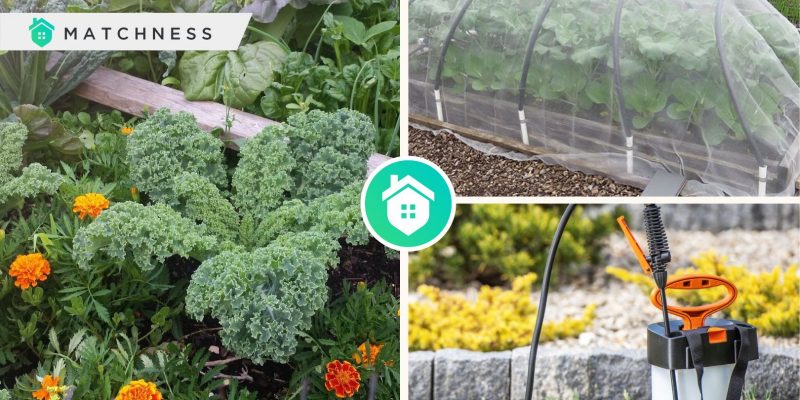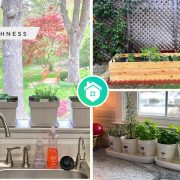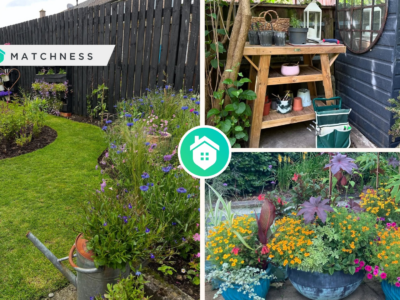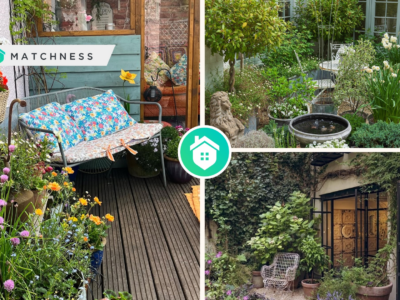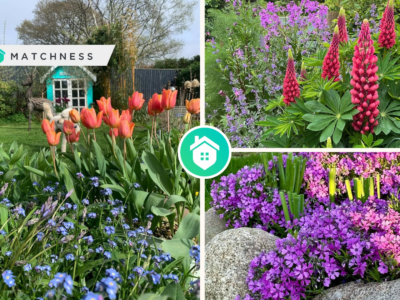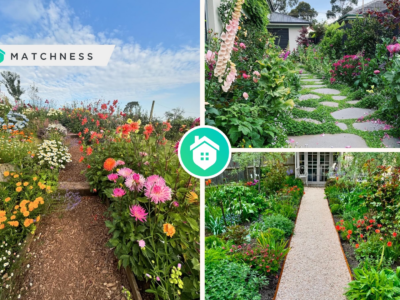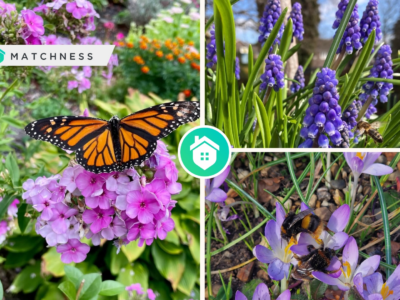Maintaining a healthy and thriving garden requires effective pest control strategies. Garden pests can damage plants, reduce yields, and spread diseases. Effective garden pest control requires a combination of strategies tailored to your specific garden conditions. By integrating natural and chemical methods, and adopting an IPM approach, you can keep your garden healthy and productive. Remember, the goal is not to eliminate all pests but to manage them in a way that minimizes damage and maintains ecological balance.
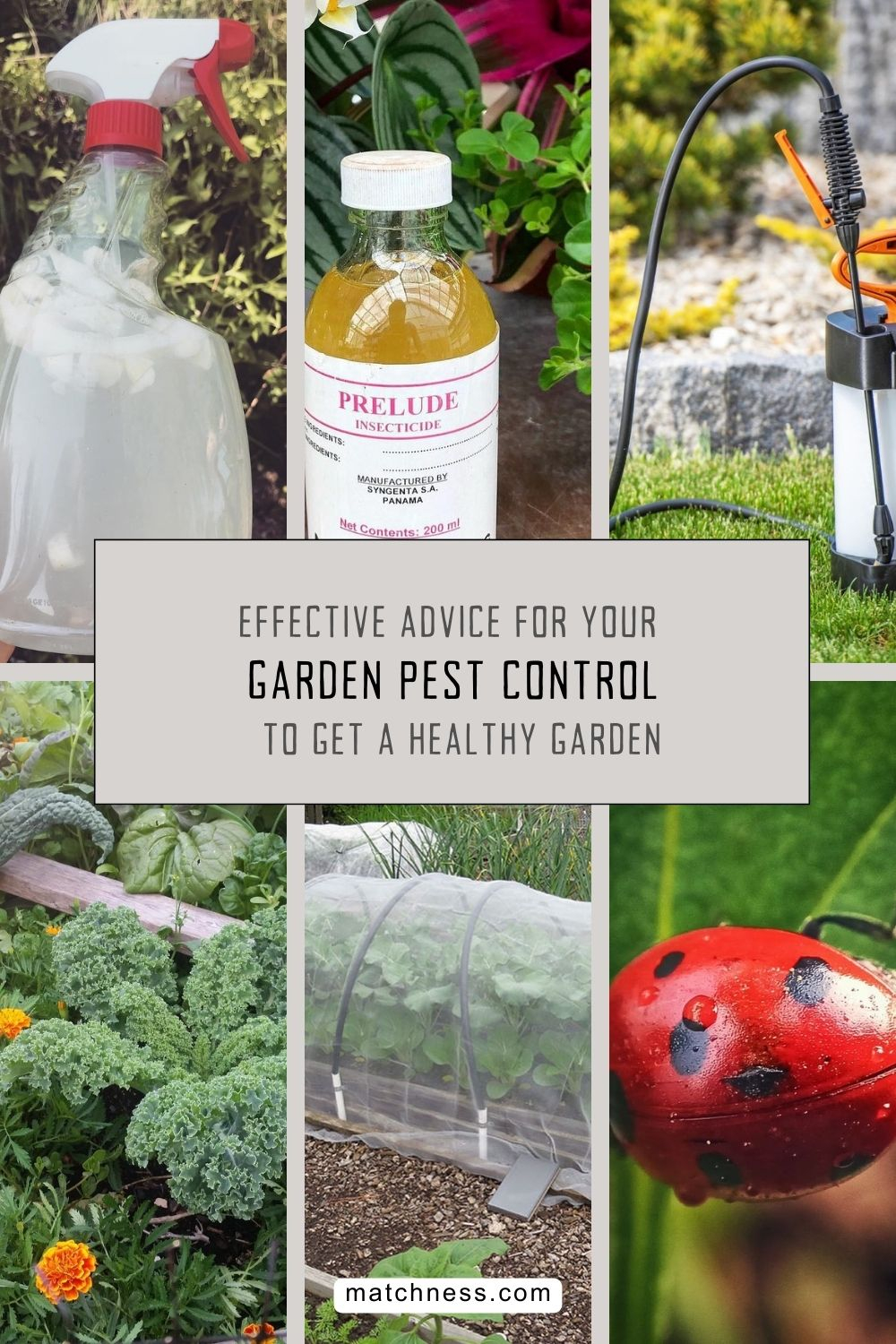
Here are some natural and chemical methods to help you manage pests in your garden.
Natural Pest Control Methods
Natural pest control methods are environmentally friendly and help maintain a healthy ecosystem in your garden.
1. Beneficial Insects: There are beneficial insects that prey on garden pests such as ladybugs and lacewings that eat aphids, parasitic wasps that target caterpillars and other insect larvae, and ground beetles that feed on slugs, snails, and other pests.
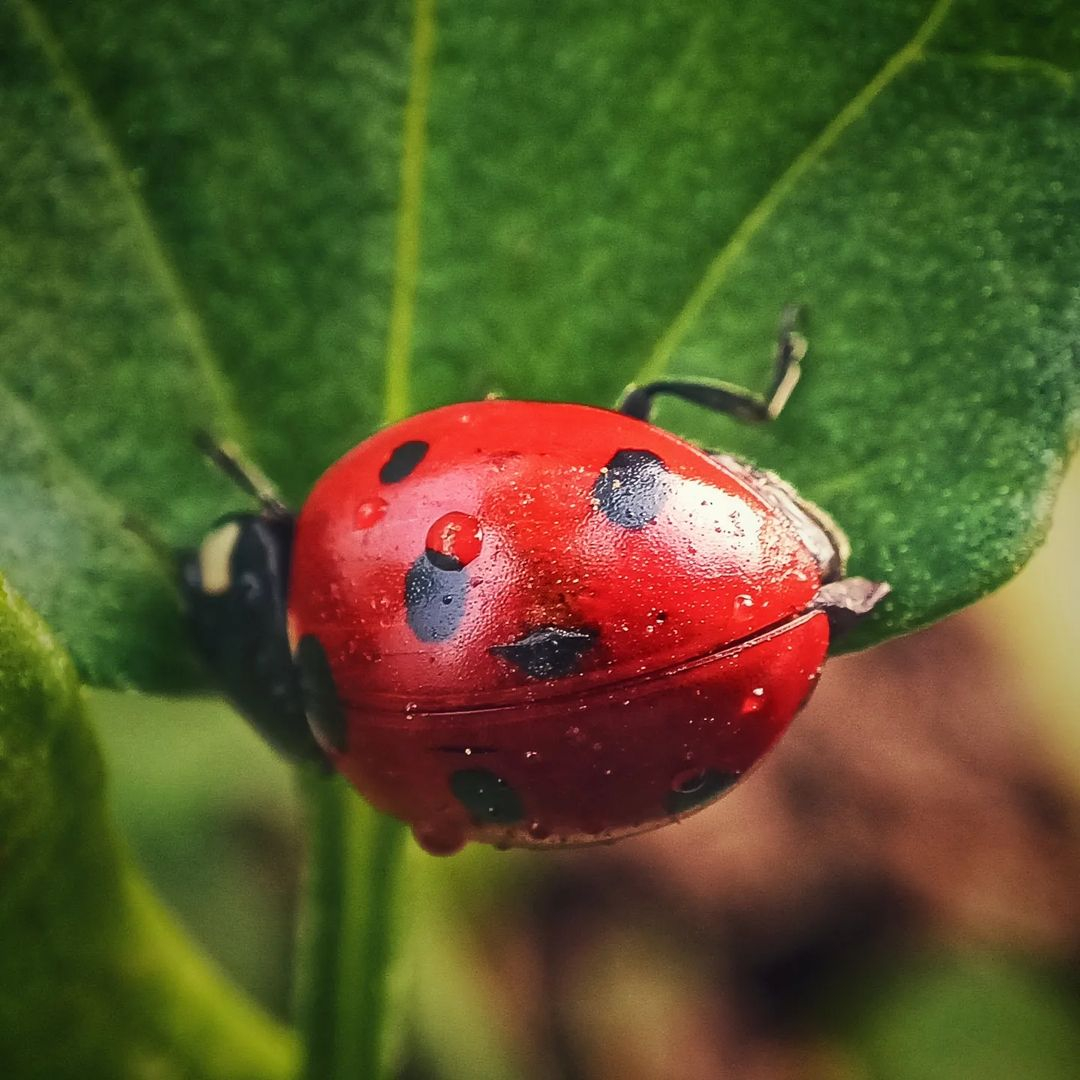
This one is the ladybugs. Not only beneficial, but this insect also looks pretty with the colors and patterns. Beneficial Insects from @creativity_unfolded
2. Companion Planting: Certain plants can repel pests or attract beneficial insects such as marigolds, basil, nasturtiums, rosemary, and lavender.
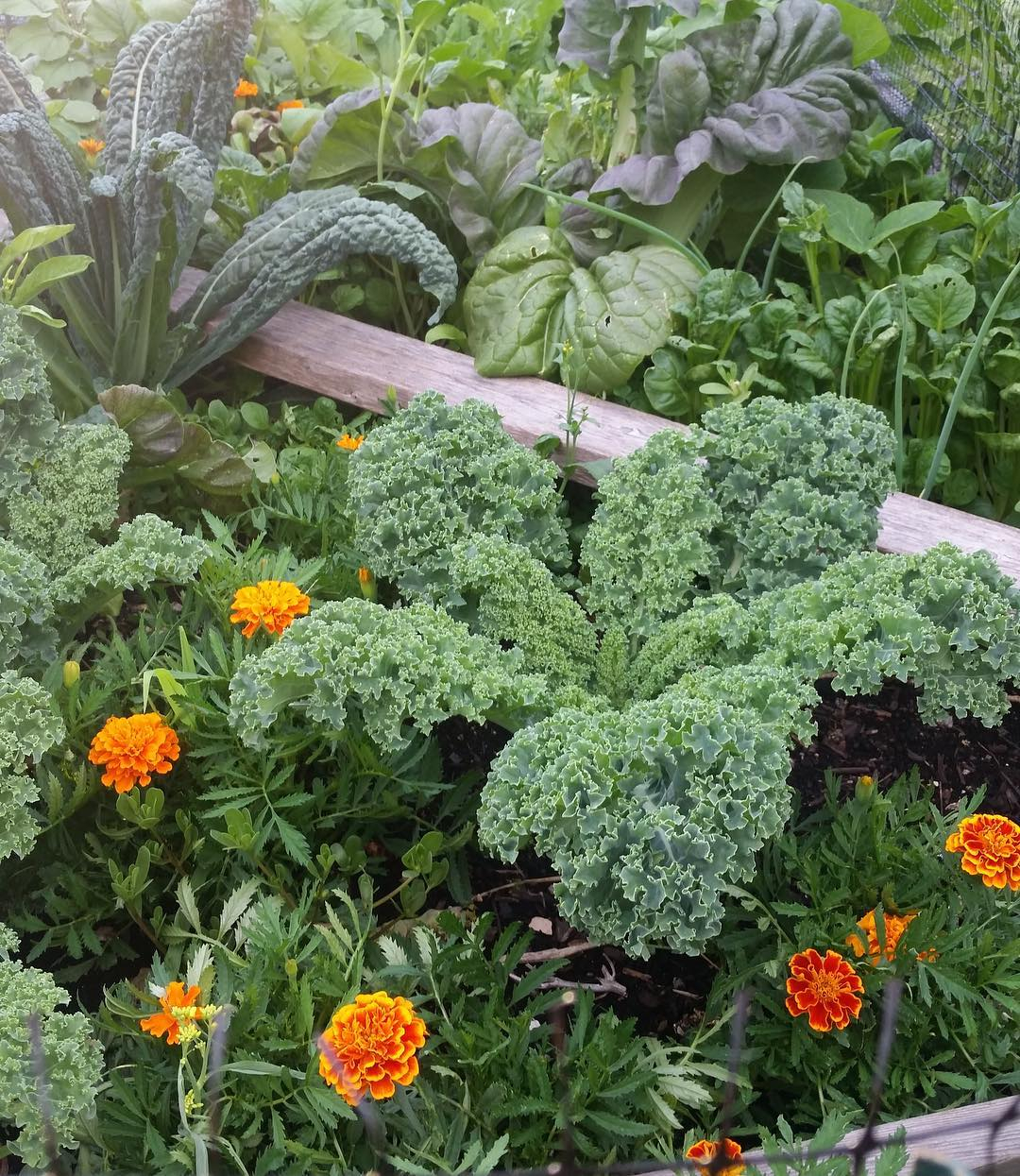
The marigold can be such a great companion plant. Look at the flowers which are pretty. You should also know that there are other marigold colors available to beautify your vegetable garden. Companion Planting from @drterrywahls
3. Homemade Remedies: Use simple, homemade solutions to combat pests such as neem oil, soap spray, and garlic spray.
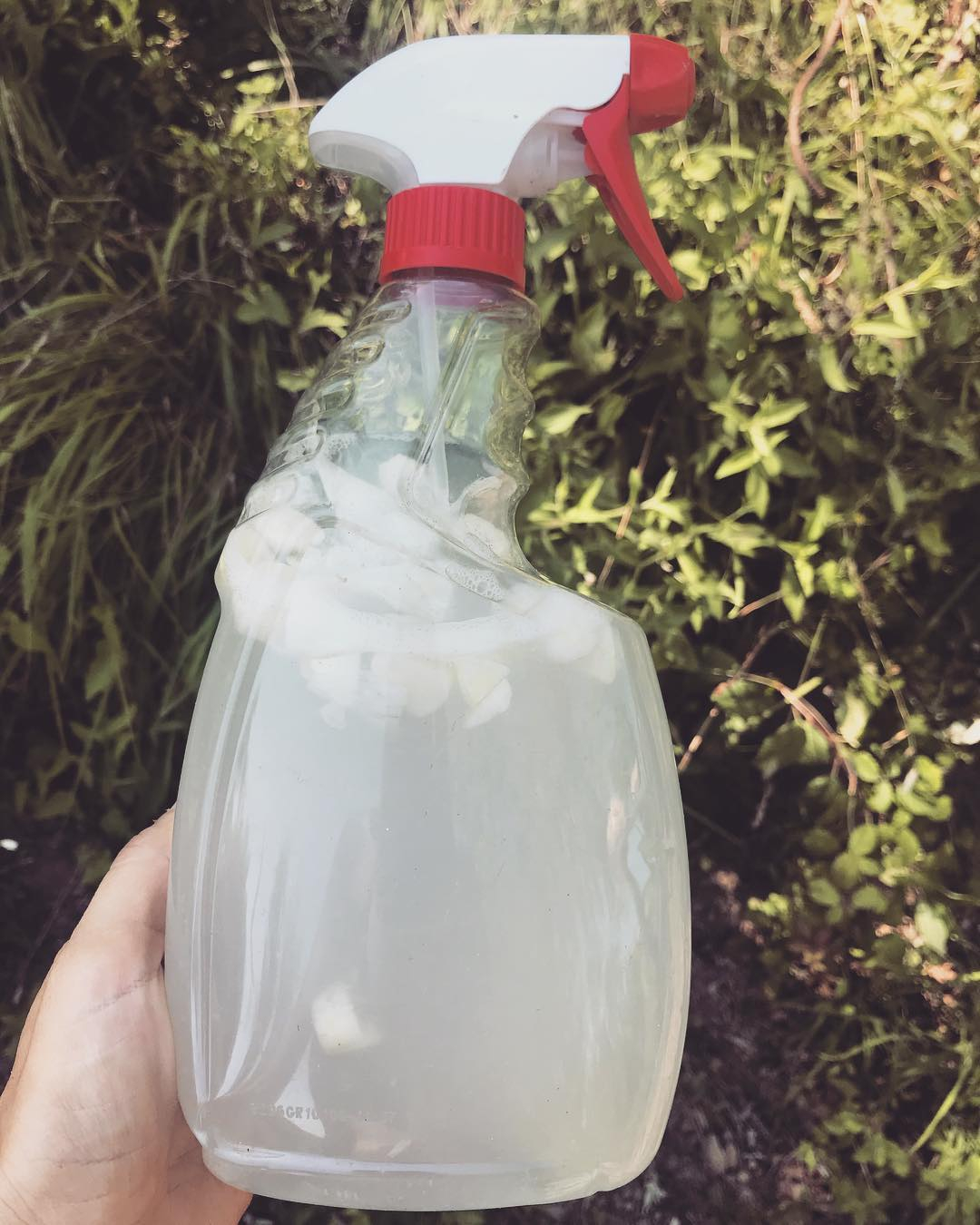
I think that garlic is the most interesting material for homemade remedies. It is natural and the making is simple. You can even use the recycled spray that you have at home. Homemade Remedies from @ortodeipoeti
4. Physical Barriers: Prevent pests from reaching your plants with barriers such as row covers, mulches, and sticky traps.
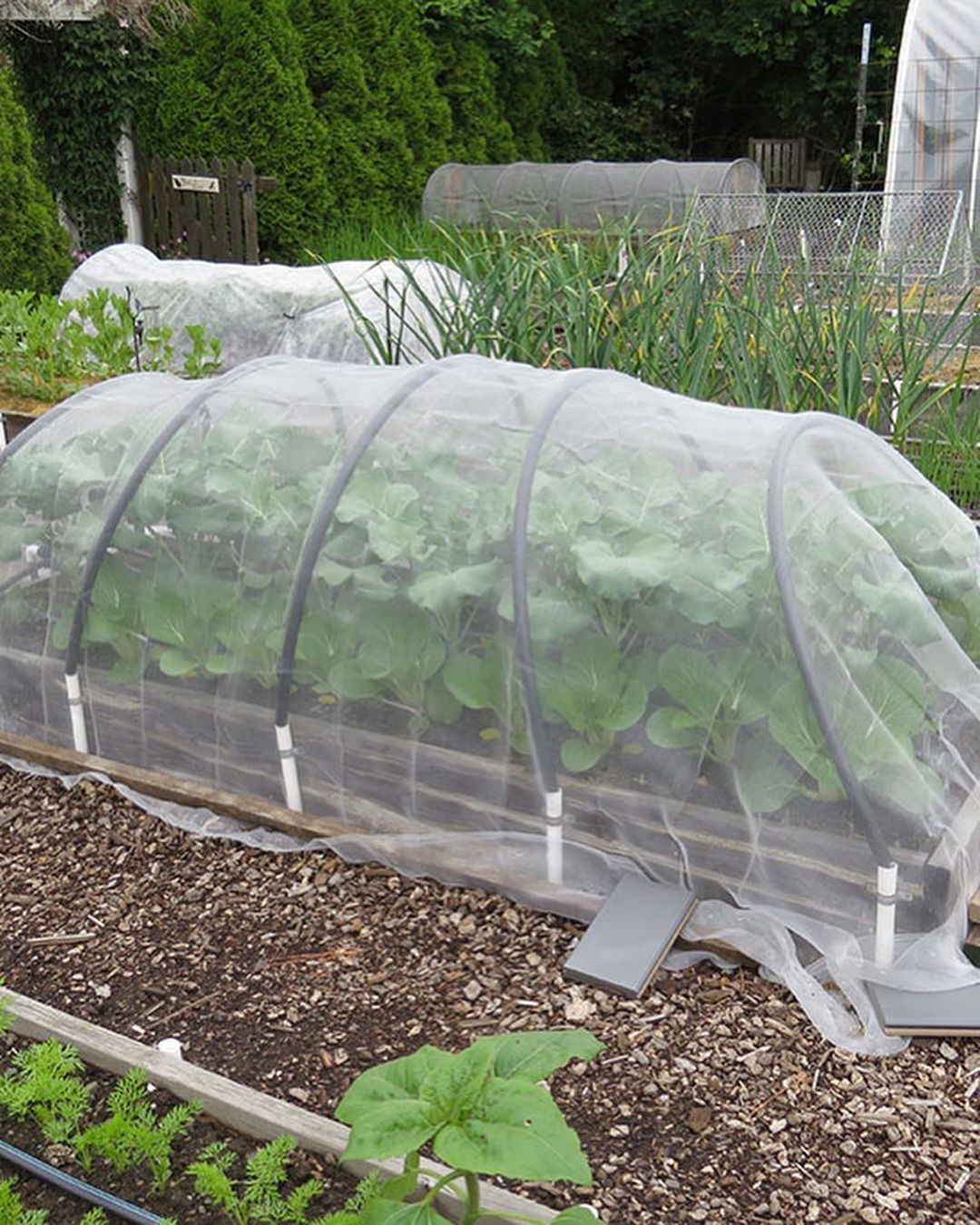
This one can be effective for your vegetable garden because the main purpose of the garden is not about the beauty of the plants that are exposed but about the good quality product. This one is what we call the row cover. It will be effective in protecting your plants. Physical Barriers from @susansinthegarden
Chemical Pest Control Methods
When natural methods are not enough, chemical controls can be used sparingly and responsibly.
1. Insecticides: Choose insecticides that are effective against specific pests such as Pyrethrin-based insecticides that are effective against a broad range of insects, Spinosad that is effective against caterpillars, thrips, and leaf miners, and Bacillus thuringiensis that targets caterpillars and other larvae.
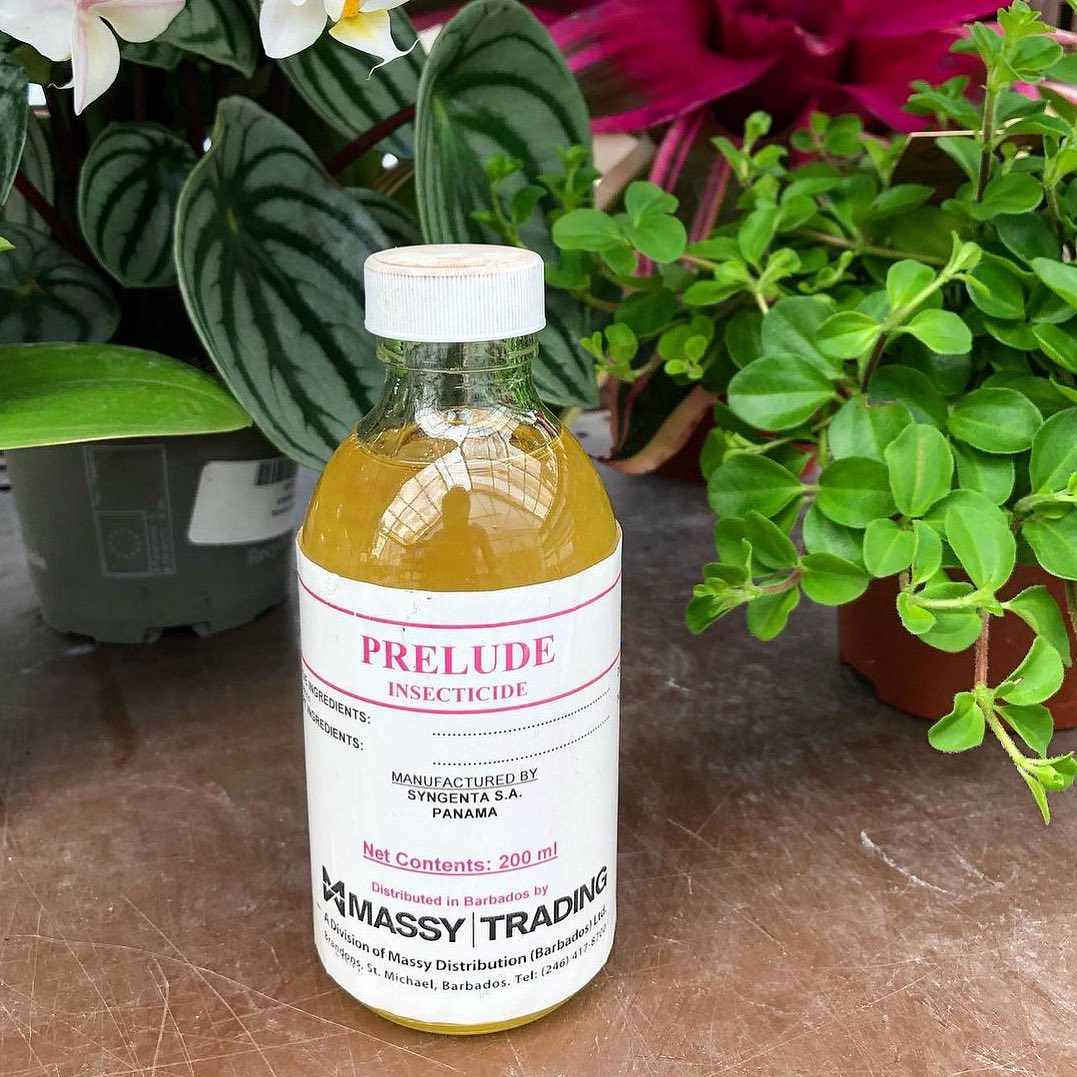
This kind of insecticide is effective in controlling ants, cockroaches, termites, ticks, and flies. You can use it for your outdoor or indoor plants. Not only for the vegetables but also for your flower garden. Insecticide from @naturecarebarbados
2. Fungicides: It is used for fungal infections that threaten your garden such as Copper fungicides that are effective against a variety of fungal diseases like blight and mildew and Sulfur-based fungicides that are good for powdery mildew and rust.
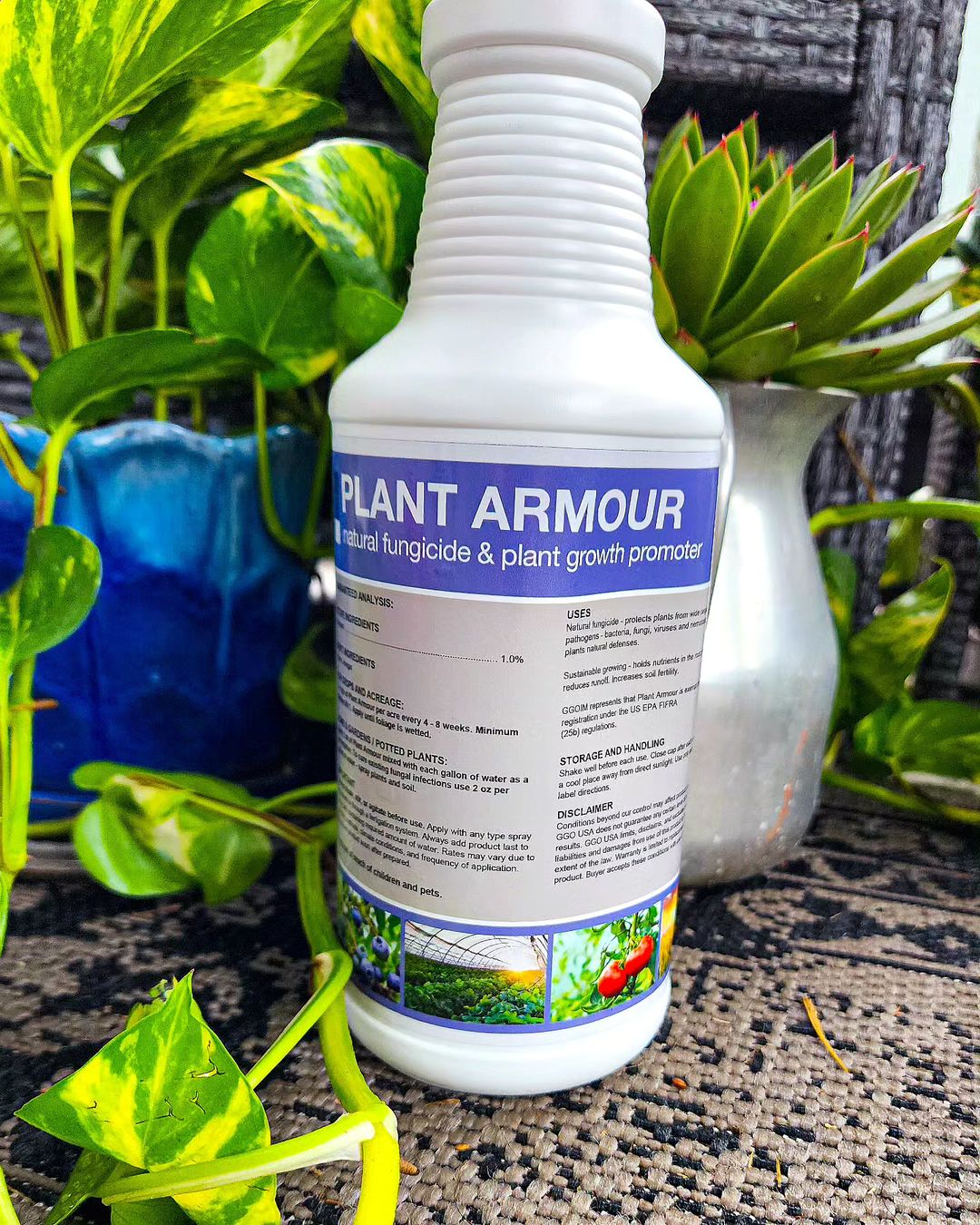
This product is great for fighting off fungal growth. It also promotes plant growth to make the plants grow stronger and healthier Fungicides from @ggointernational
3. Herbicides: It is used to control unwanted weeds that compete with your garden plants such as Glyphosate which targets many types of weeds and Corn gluten meal which prevents weed seeds from germinating.
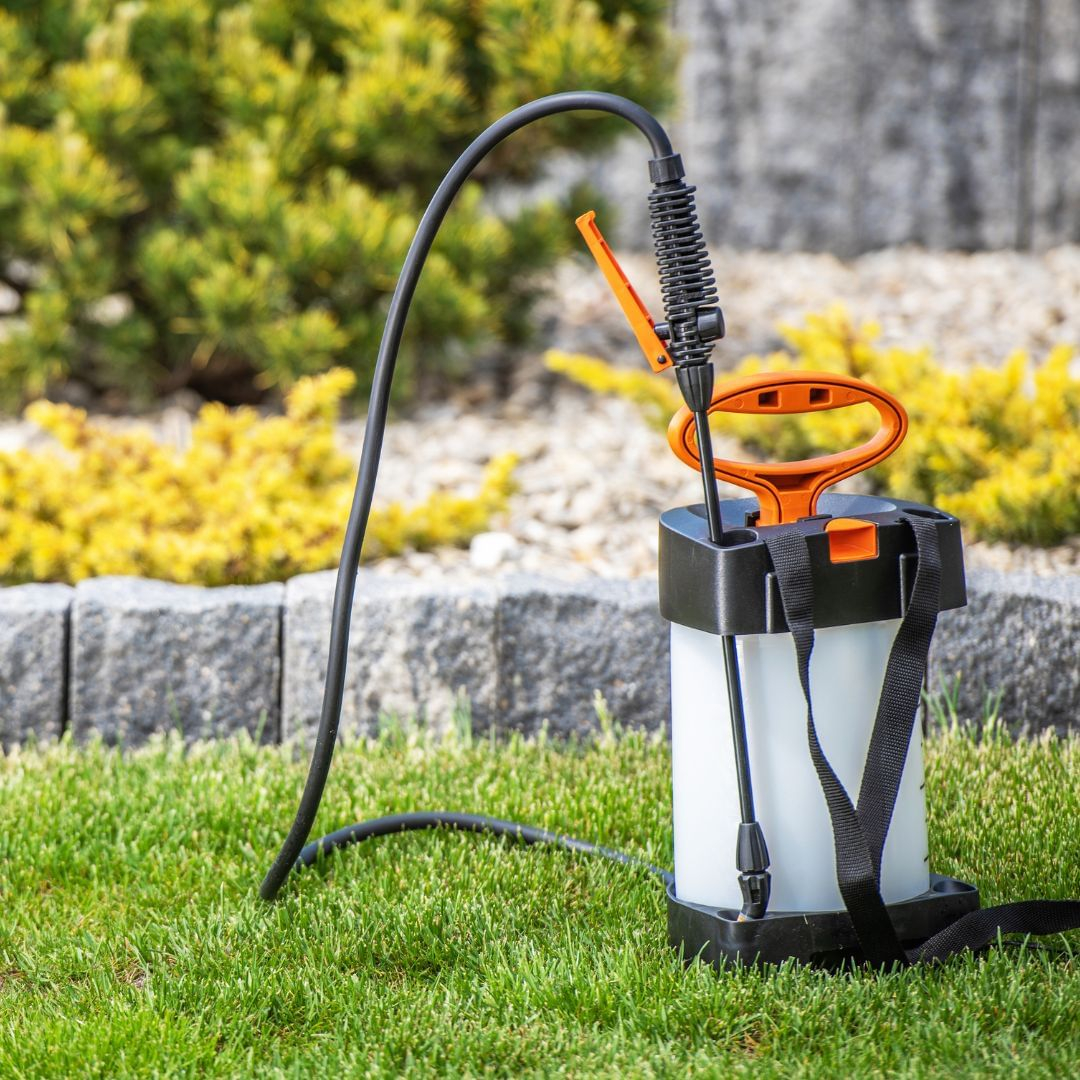
In choosing the herbicides, make sure that you already consider the health effects from the products. You should also consider the effectiveness of the product. Herbicides from @agriculturede
Integrated Pest Management
IPM combines multiple strategies to manage pests in an environmentally and economically sustainable way. The steps include:
- Monitoring: Regularly inspect plants for signs of pests or damage.
Identification: Correctly identify pests to choose the most effective control methods. - Prevention: Implement cultural practices like crop rotation, proper spacing, and sanitation to prevent pest problems.
- Control: Use a combination of natural and chemical methods as needed, starting with the least harmful.


